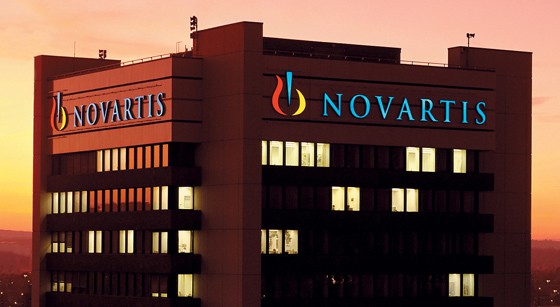
Novartis has bolstered its portfolio with a deal to buy US company Selexys Pharmaceuticals, which has a drug for sickle cell disease heading for phase III.
The Swiss pharma major is paying up to $665m for Selexys, including upfront, acquisition and milestone payments, after taking an option to buy the company back in 2012.
The prompt for the takeover is the publication of phase II results for SelG1, a humanised anti-P-selectin monoclonal antibody in development to treat the characteristic attacks seen in patients with sickle cell disease, in which the sickle-shaped red blood cells block blood vessels, starving tissues of oxygen and causing pain.
Inhibition of P-selectin has been demonstrated to prevent this vaso-occlusion by blocking critical cell-cell interactions that drive the process.
Data from that study has not yet been released but will be presented at the American Society of Hematology (ASH) annual meeting in San Diego in December, said Novartis.
The trial compared a monthly intravenous infusion with SelG1 – given at two doses – with a matched placebo in sickle cell disease patients who suffer regular crises. The treatment was given with or without regular therapy with hydroxyurea, a drug currently used to fend off vaso-occlusive attacks, over a 12-month period.
The deal ties in with comments made by Novartis chief executive Joseph Jimenez on the firm’s last quarterly conference call that it is seeking “bolt-on” acquisitions that would enhance the pipelines of all three of its divisions – innovative medicines, generics, and eyecare business Alcon.
It comes in somewhat below what Jimenez said would typically be the expected value of these deals – between $2b and $5bn.
By taking over Selexys Novartis adds considerable development muscle to the SelG1 project, which is in a race to market with other selectin inhibitors including GlycoMimetics and Pfizer’s rivipansel (GMI-1070), which started phase III testing in June 2015.
Earlier this year Emmaus Life Sciences filed for approval in the US for its orally administered pharmaceutical grade L-glutamine treatment for sickle cell disease, which if approved would be the first new treatment for the disease in decades.
Meanwhile, down the line patients could see potential gene therapy treatments start to appear from the likes of Biogen/Sangamo and Bluebird Bio.




